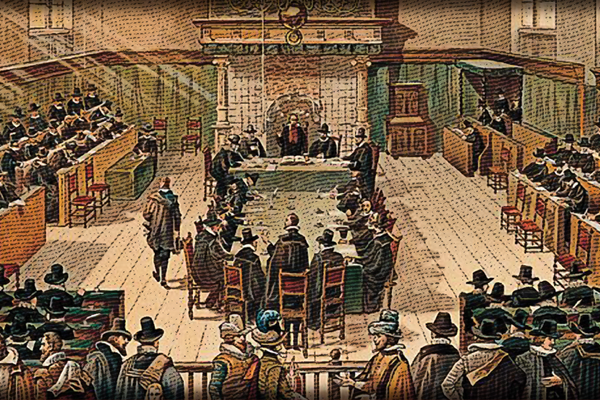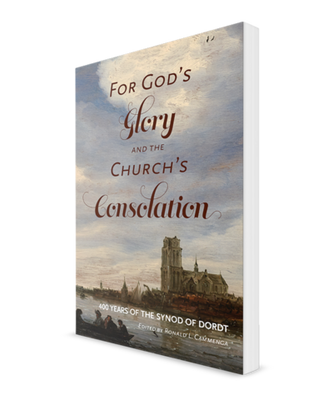Your cart is empty now.
Reformed Church Order: Law of Christ
The life and labor of the Protestant Reformed Churches are regulated by a church order. This is the church order adopted for Reformed churches by the Synod of Dordt, 1618-19.
The church order is law for the churches. It is the authoritative standard to which both consistories and church members must conform. There are sanctions for the unruly and disobedient. The member who handles sin in the congregation by broadcasting it from the housetop, or over the telephone, rather than following the way prescribed in Articles 71-74 of the church order, will himself be disciplined. The minister who publicly agitates against the decision of his consistory will be censured for schism. The elder who is “captious and . . . vehement in speaking” at classis will be silenced and, if need require, disciplined by the president of the assembly. The consistory that refuses to submit to a decision of synod will be set outside the union of the churches of Christ.















